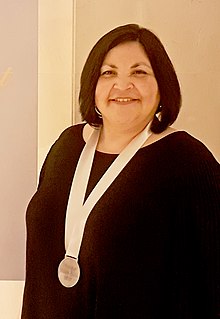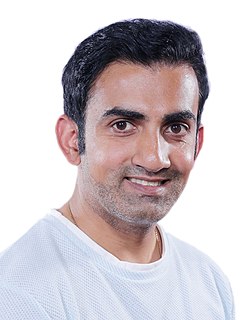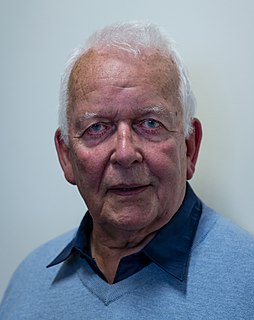A Quote by Eden Robinson
If I have a clear spot in my schedule, I like to tackle the heavy scenes that require the heightened emotion and focus of a long writing session. Otherwise, I have daily obligations that can't be ignored.
Related Quotes
Sometimes, a scene goes on too long and, with this being a suspense story and murder mystery that you're trying to discover through her heightened paranoia, you don't want scenes that take you on a tangent. Sometimes, you love those scenes, but you know that it's better not to be in the overall film. So, I'm not sad that they're not in the main movie, but I do think it's fun for people to get to watch them, if they want to.
Part of my function as a writer is to dream awake. And that usually happens. If I sit down to write in the morning, in the beginning of that writing session and the ending of that session, I'm aware that I'm writing. I'm aware of my surroundings. It's like shallow sleep on both ends, when you go to bed and when you wake up. But in the middle, the world is gone and I'm able to see better.
It's been very much in the blood since I started imagining films or shooting with 8mm when I was a kid. I made some films and thought about films, but then I went into writing. Becket is something that's definitely on the cards. We have to see where that fits in the schedule, because it's a big picture and I have a lot of writing obligations at the moment. I'm wary of anything with a budget over a certain amount.






































